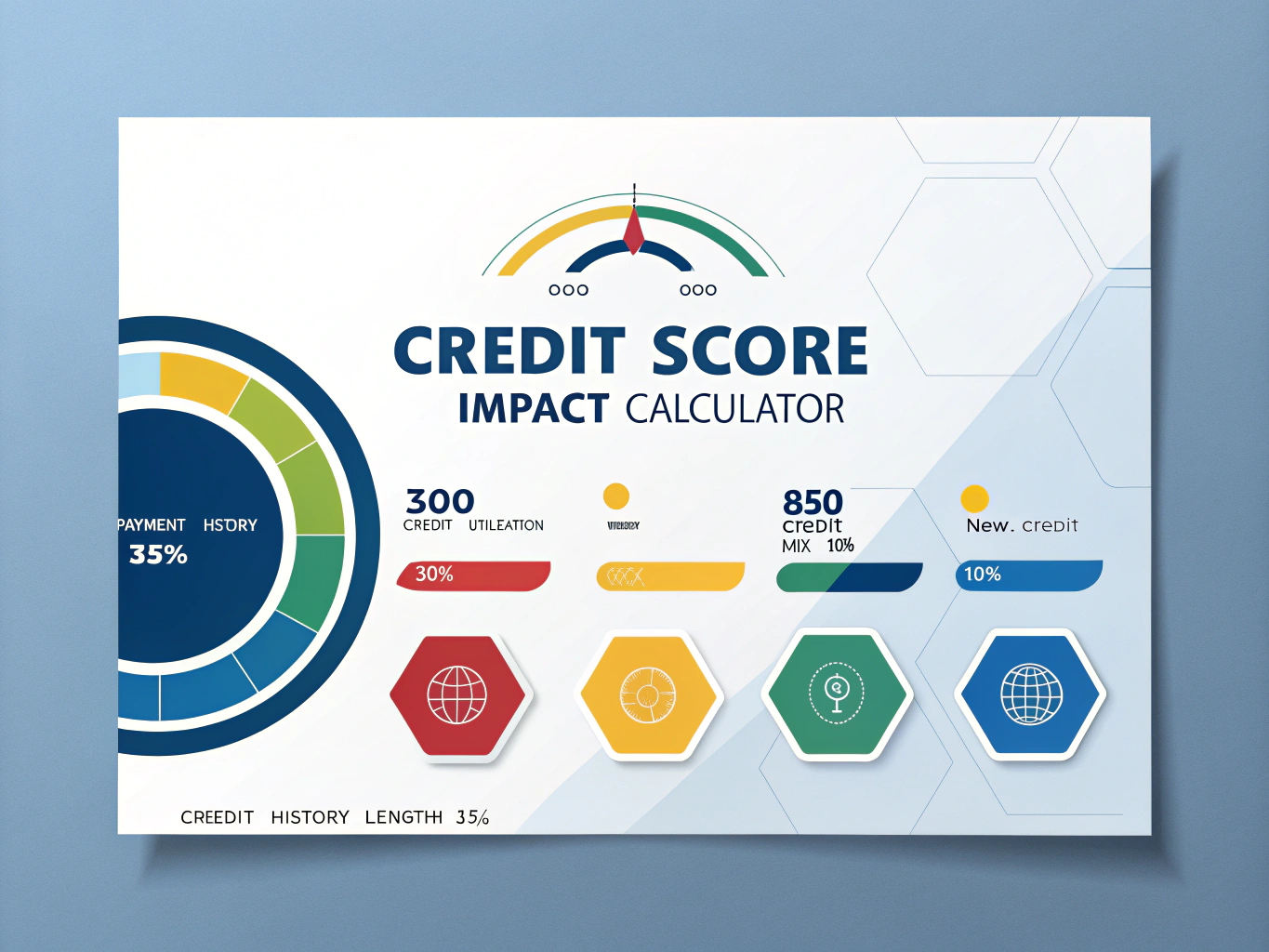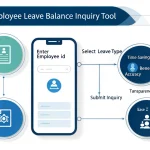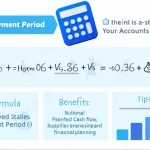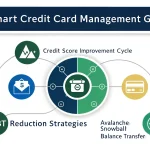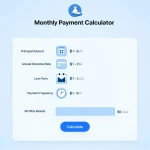Is this tool helpful?
How to Use the Credit Score Impact Calculator Effectively
This credit score impact calculator helps you estimate how different financial factors influence your FICO credit score. Here’s how to enter your information using realistic examples that differ from those in the calculator form:
Input Fields Explained
- Current Credit Score: Enter your current FICO score. For instance, if you recently checked your credit and have a score of 710, enter 710.
- Number of Late Payments: Input the total count of missed payments. Example: if you missed one rent payment and two credit card payments, enter 3.
- Total Used Credit ($): Enter the sum total of debts on all your credit accounts. For example, if you owe $4,500 on credit cards and $8,000 on an auto loan, enter 13000.
- Total Credit Limit ($): Fill in the combined credit limits from all accounts. If you have credit cards with limits of $7,000 and $10,000 plus a line of credit at $5,000, enter 22000.
- Recent Credit Inquiries: Input the number of hard credit inquiries in the last 12 months. For example, if you applied for a new credit card and a personal loan, enter 2.
Understanding the Credit Score Impact Calculator
This calculator uses key factors from the FICO credit scoring model to predict how your credit score might change based on your financial behaviors.
How the Calculations Work
Here are the main components and their simplified formulas used in this tool:
Key Credit Score Components and Weights
- Payment History: 35%
- Credit Utilization: 30%
- Length of Credit History: 15%
- Credit Mix: 10%
- New Credit Inquiries: 10%
Example Credit Score Calculation Using the Simulator
Let’s say you enter the following data:
- Current Credit Score: 700
- Late Payments: 2
- Used Credit: $6,000
- Credit Limit: $15,000
- Recent Credit Inquiries: 1
The calculator computes impacts as:
So, your estimated new credit score would drop to 635 based on these inputs.
Why Use the Credit Score Impact Calculator?
1. Make Smarter Financial Choices
You can use this tool to evaluate how your financial actions affect your credit score. For example, it helps you decide:
- When to apply for new credit cards or loans
- How much to keep your credit card balances under control
- The consequences of missing or delaying payments
- Whether increasing your credit limits will help your score
2. Optimize Your Credit Management Strategies
Experiment with different scenarios to improve your credit score by:
- Identifying the best debt payoff sequence
- Testing the effect of reducing credit utilization
- Planning the timing for opening or closing accounts
- Understanding how new inquiries might impact your credit
Practical Applications of the Credit Score Impact Calculator
Scenario 1: Managing Credit Card Debt
You have a current score of 690, with $7,500 used out of $12,000 total credit limit (about 62% utilization). You’re considering paying off $3,000 of your credit card balance.
- Original Utilization: 62%
- New Utilization after payment: 37.5%
- Expected improvement from utilization reduction
This tool shows the potential score increase, helping you prioritize debt payments effectively.
Scenario 2: Planning Multiple Loan Applications
You currently have a score of 730 and plan to apply for two loans within the next month, which will generate two hard inquiries.
- Each inquiry can reduce your score by about 5 points
- Understand the combined impact of inquiries before applying
Using this calculator lets you see how multiple applications affect your credit in the short term.
Common Questions About Credit Scores and the Calculator
Which Factors Most Affect My Credit Score?
Payment history and credit utilization together make up about 65% of your FICO score calculation and have the greatest influence.
How Long Do Late Payments Affect My Credit?
Late payments can impact your credit for up to seven years, with the most significant effect during the first two years.
What Is the Ideal Credit Utilization Rate?
Keeping your credit utilization below 30% is generally best for maintaining or improving your credit score.
How Can I Improve My Credit Score Quickly?
- Pay down high credit card balances promptly
- Request credit limit increases to lower utilization ratios
- Become an authorized user on someone else’s responsible credit card
- Dispute any errors found on your credit report
Does Checking My Own Credit Score Hurt My Credit?
Checking your own credit score is a soft inquiry and does not affect your credit score.
How Often Should I Check My Credit Score?
Check your credit score at least once every three months to monitor changes and catch potential issues early.
Important Disclaimer
The calculations, results, and content provided by our tools are not guaranteed to be accurate, complete, or reliable. Users are responsible for verifying and interpreting the results. Our content and tools may contain errors, biases, or inconsistencies. Do not enter personal data, sensitive information, or personally identifiable information in our web forms or tools. Such data entry violates our terms of service and may result in unauthorized disclosure to third parties. We reserve the right to save inputs and outputs from our tools for the purposes of error debugging, bias identification, and performance improvement. External companies providing AI models used in our tools may also save and process data in accordance with their own policies. By using our tools, you consent to this data collection and processing. We reserve the right to limit the usage of our tools based on current usability factors.
